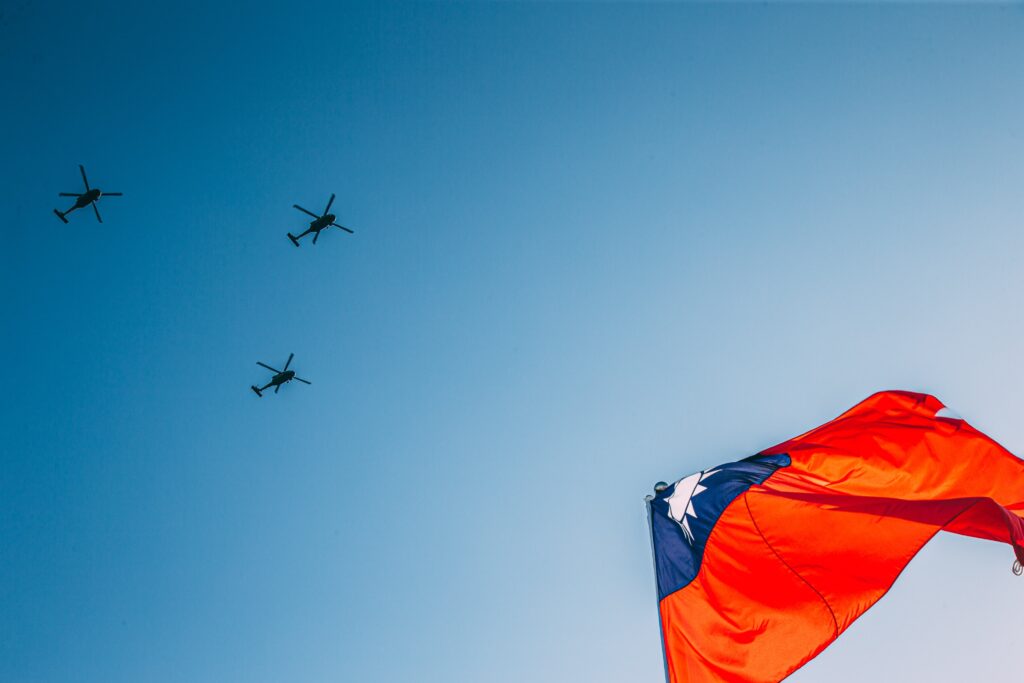
The Chinese government criticizes U.S. arms sales to Taiwan and says it will sanction five U.S. defense companies.
In a question-and-answer session with a reporter posted on its website on the 7th, a spokesperson for China’s foreign ministry said that five locations, including BAE Systems, Alliance Tech Systems, Aviation, Viasat, and Data Link Solutions, will be subject to sanctions under the “anti-sanctions law.”
The Anti-Foreigner Sanctions Act allows ‘appropriate’ measures to be taken against sanctions or sanctions in certain countries.
The Ministry of Foreign Affairs explained that these companies are prohibited from engaging in exchange and cooperation activities with organizations or individuals in China, such as freezing assets such as movable property and real estate in China.
“In violation of the ‘One China’ principle and the three joint public information regulations (the U.S.-China agreement on non-interference and the reduction of arms exports to Taiwan), the U.S. sold weapons to Taiwan and imposed illegal and unilateral sanctions on Chinese companies and individuals under various pretexts,” the spokesman said. “It seriously undermined China’s sovereignty and security interests, destroyed peace and stability in the Taiwan Strait, and violated the legitimate rights and interests of Chinese companies and individuals.”
“China expresses strong dissatisfaction and firm opposition to this,” he said, stressing, “We have already raised strict negotiations with the United States.”
China uses the expression ‘strict negotiations’ when it protests diplomatically on a particular issue.
The spokesman also claimed that “the Chinese government’s commitment to protecting national sovereignty, safety and territorial integrity and protecting the legitimate rights and interests of businesses and the people is firm.”
“I urge the United States to abide by the principle of ‘One China’, comply with the basic principles of international law and international relations, stop arming Taiwan, and stop illegal and unilateral sanctions on China,” he said. “Otherwise, we will definitely face a decisive and strong counterattack from China.”
Earlier, the Defense Security Cooperation Agency (DSCA) under the U.S. Department of Defense announced on the 15th (local time) that it had approved the sale of $300 million (about 391.2 billion won) of equipment to maintain Taiwan’s tactical information system.
The U.S. explained that it will strengthen Taiwan’s ability to cope with current and future threats and will strengthen its operational readiness to maintain command, control, communication and computing capabilities to provide a stable flow of tactical information.
At the time, Chinese Foreign Ministry spokesman Wang Wenbin warned of sanctions, saying he would take action against companies involved in selling Taiwan weapons.
SALLY
ASIA JOURNAL



